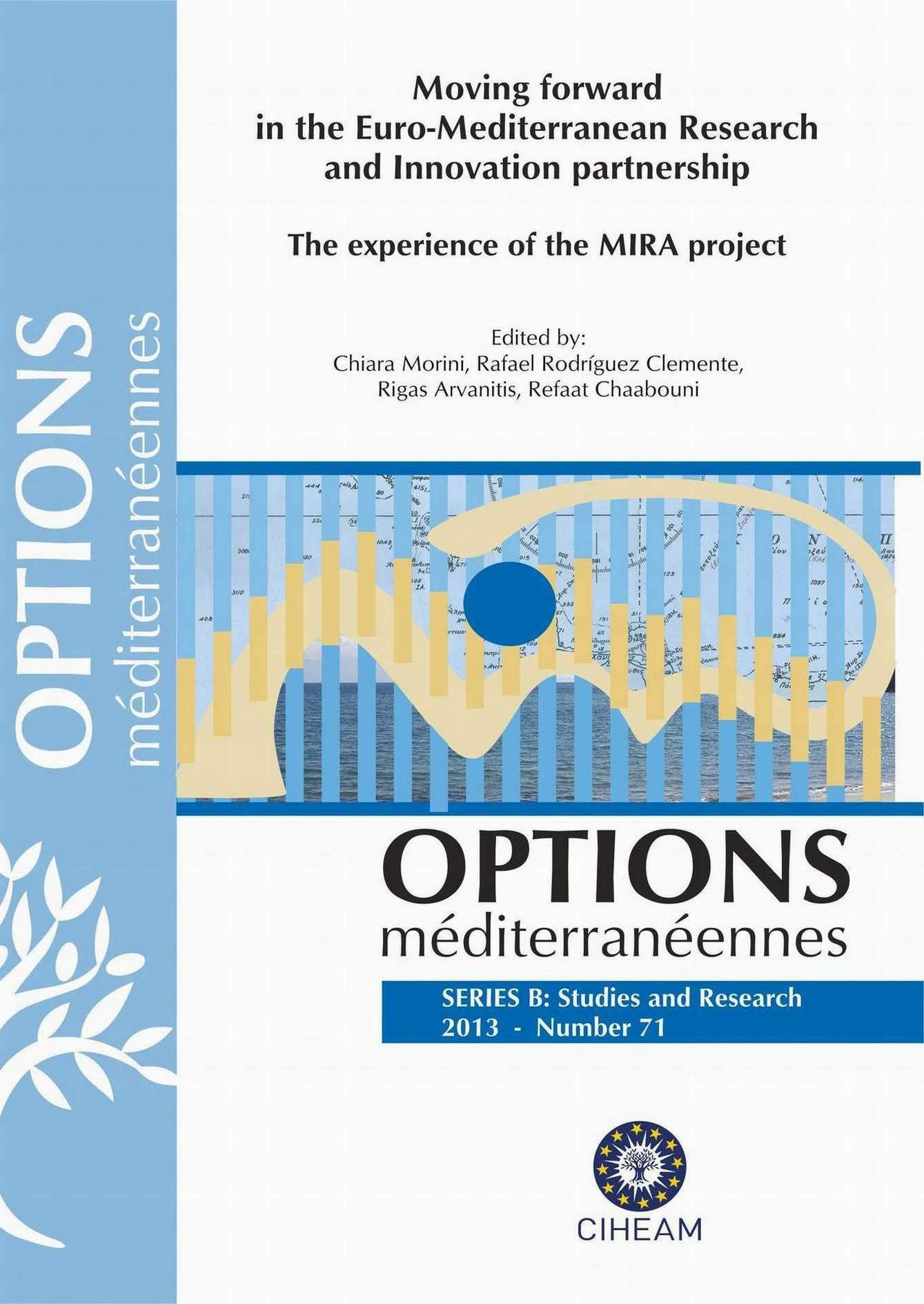| Article précédent | p. 185-196 | Article suivant |
Financial, legal and administrative management of INCO-NET projects. Difficulties, solutions and recommendations for the future
Since 2008, International Science and Technology Cooperation has become one of the major focus areas of the 7th Framework Programme. FP7 has been broadly opened to the participation of third countries and is aimed to promote political cooperation, dialogue and trust and to exemplify the free circulation of knowledge at a global level – the “Fifth Freedom”. However, although international cooperation has been strongly encouraged in the FP7 and many projects with an international component have been funded, the management of projects can become problematic if it is not sufficiently recognised and effectively supported. INCO-NET Projects include complex consortia where raising awareness of the FP7 management system is crucial; actually one of the main difficulties encountered in the management of these projects is directly linked to the existing differences within the European Commission’s system to manage FP7 projects, and to the internal administrative system of each beneficiary. This article aims to reflect on the main distinctions between the different systems, while proposing solutions and recommendations that could be taken into account for future International ST Cooperation projects.
Depuis 2008, la Coopération Scientifique et Technologique Internationale est devenue l’un des axes principaux du 7ème Programme-Cadre. Le PC7 a été conçu pour s´ouvrir à la participation de pays tiers et a été proposé pour promouvoir la coopération politique, le dialogue et la confiance, et incarner également la libre circulation des connaissances au niveau mondial - la « Cinquième Liberté ». Cependant, bien que la coopération internationale dans le 7ème PC ait été fortement encouragée, et que de nombreux projets avec une composante internationale aient été financés, la gestion de projets peut devenir un problème majeur si son importance n’est pas suffisamment reconnue et le soutien qui lui est attaché se révèle insuffisant. Les projets INCO-NET comprennent des consortiums complexes où la sensibilisation au système de gestion du 7ème PC est cruciale, et l’une des raisons principales des difficultés rencontrées dans la gestion de ces projets est directement liée aux différences existant au sein de la Commission Européenne pour gérer ce type de projets, et aux systèmes administratifs internes de chaque bénéficiaire. Cet article propose une réflexion sur les principales distinctions entre les différents systèmes, ainsi que des solutions et des recommandations qui pourraient être prises en compte dans les futurs projets internationaux de Coopération Scientifique et Technologique Internationale.
- [ Afficher ]
- [ Télécharger ]
- [ Exporter la citation ]
Vous pouvez télécharger la citation au format :
- [ Imprimer ]
-
Mots-clés
COOPERATION, PROJET DE DEVELOPPEMENT, SCIENCE, TECHNOLOGIECiter cet article
Muñoz M., Siller C., Bossi M., Le Meur F., Pohl K. Financial, legal and administrative management of INCO-NET projects. Difficulties, solutions and recommendations for the future. In : Morini C. (ed.), Rodriguez Clemente R. (ed.), Arvanitis R. (ed.), Chaabouni R. (ed.). Moving forward in the Euro-Mediterranean Research and Innovation partnership. The experience of the MIRA project. Bari : CIHEAM, 2013. p. 185-196. (Options Méditerranéennes : Série B. Etudes et Recherches; n. 71). http://om.ciheam.org/om/pdf/b71/00006794.pdf



